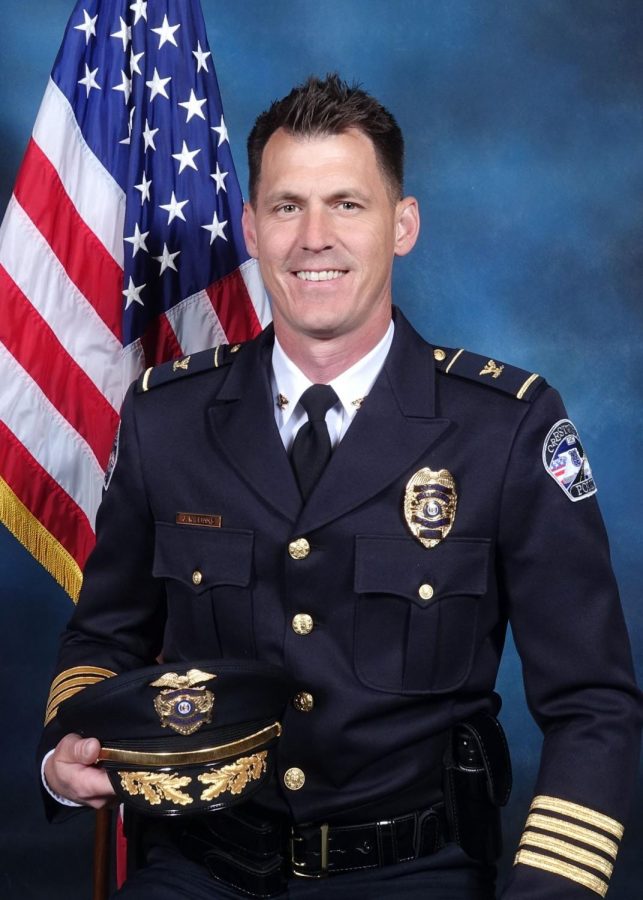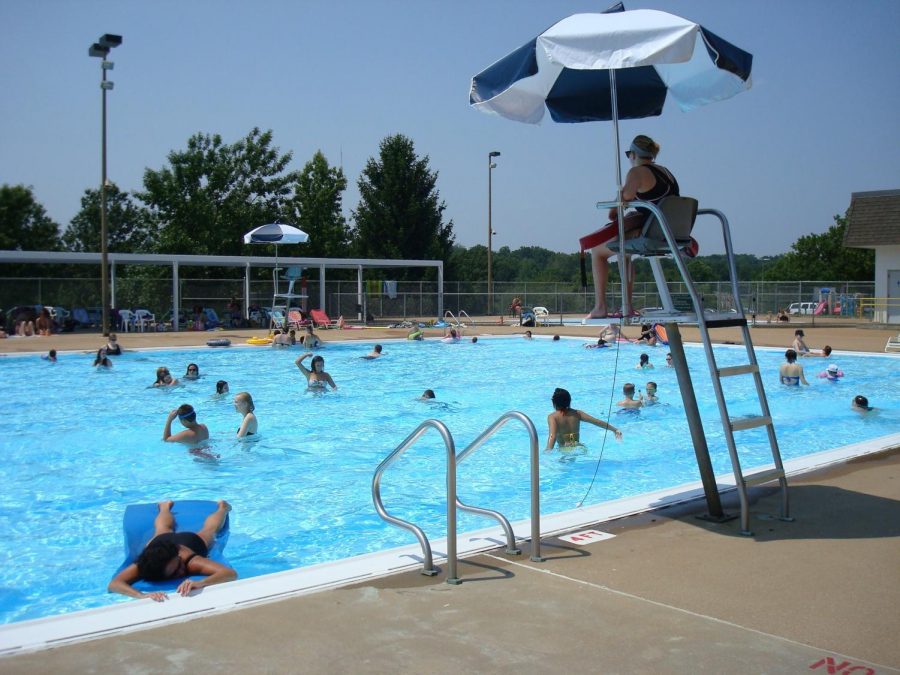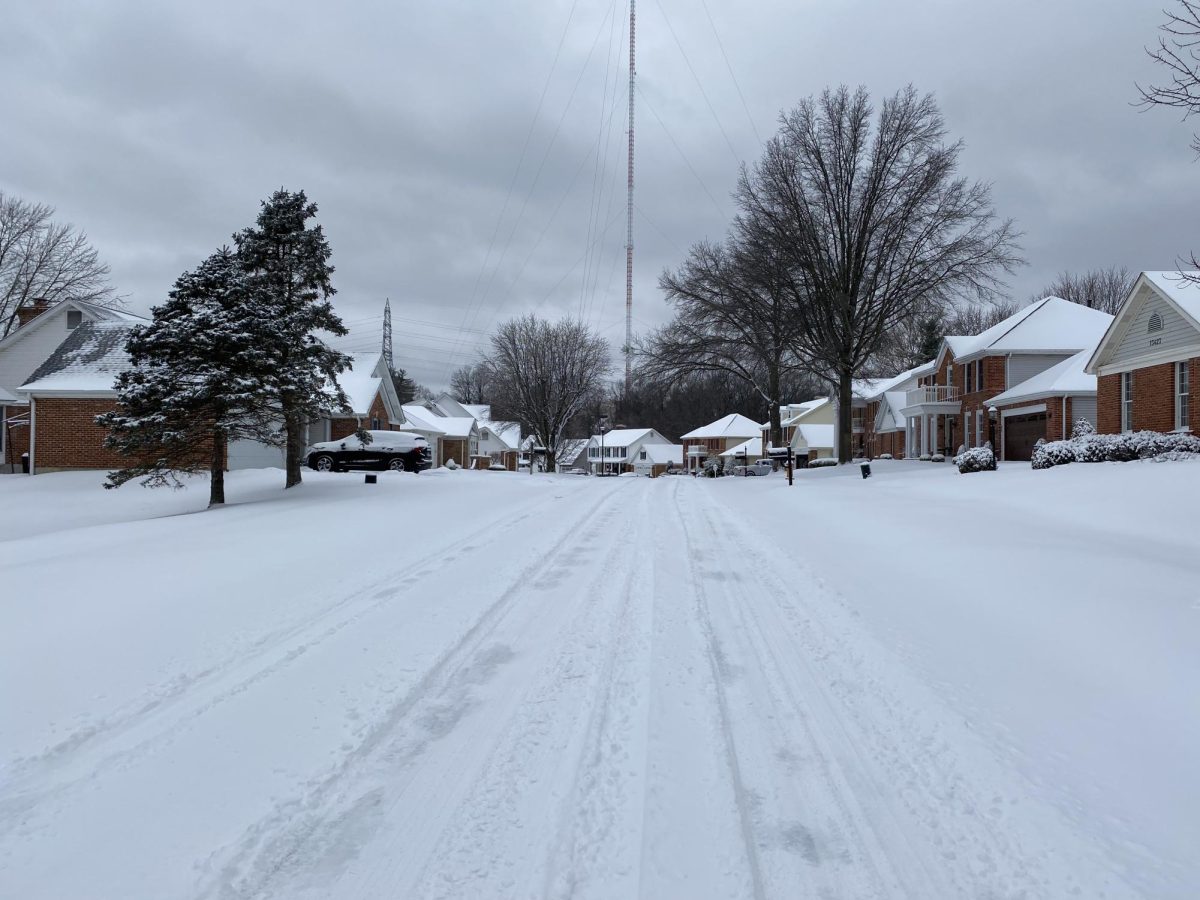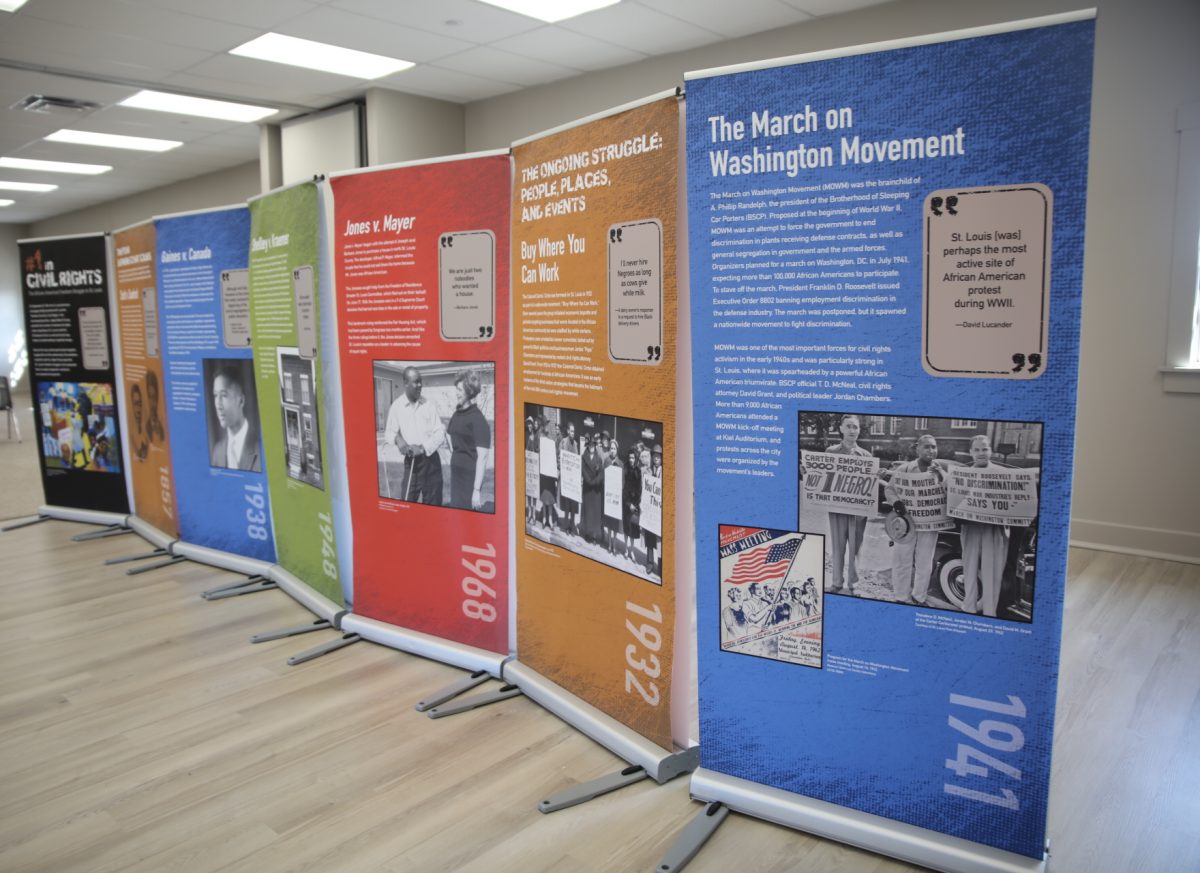Surveyed residents cited lack of money and misuse of public funds as the two big-gest issues facing the Mehlville School Dis-trict, but the majority of respondents said they wouldn’t support a tax-rate increase.
But surveyor David Chilenski of the Chi-lenski Strategy Group concluded “that a tax increase of approximately 30 to 40 cents is feasible.”
“Voters want potential tax revenues to be directed to maintaining essential core academic areas, meeting state and federal ed-ucation mandates and maintaining ad-vanced placement classes to help children qualify for college,” according to a presentation Chilenski gave to the Long Range Planning Committee Monday night.
The survey results carry a 4.4 percent mar-gin of error, Chilenski said.
Asked “what do you feel is the single biggest issue facing the Mehlville School District today,” 29.2 percent said “lack of money or funding” while 13.4 percent said “misuse of funds/unwise spending,” and 25.8 percent didn’t know, according to the survey results.
Despite the understanding of financial need, 41.4 percent said the district should not consider a tax-rate increase while 51.4 percent it should.
“That’s a tough mountain to climb,” Chilenski said.
Asked to rate the district’s financial management, 22.4 percent said “poor,” 28.4 percent said “only fair,” 22.4 percent said “good” and 1.8 percent said “excellent.”
Meanwhile, the Long Range Planning Committee may recommend the Board of Education seek a tax-rate increase, and Deputy Superintendent Jane Reed has said that is the best option.
Speaking to a financial subcommittee of the planning committee more than a month ago, Reed said the district needed to trim around $3 million from the budget to maintain a 5 percent reserve and avoid the state’s “financially distressed” list. The district last year cut $5 million, including 42 teachers.
Asked if “the Mehlville School District has a great need for more money, moderate need, not much need or no real need for money,” 20.6 percent said great need, 42.6 percent said moderate need, 9.2 percent said not much need and 18.4 percent said no need.
Roughly 37 percent supported an 80-cent tax increase and 57.6 percent didn’t; 41 percent favored a 65-cent increase and 54 percent did not; and 47 percent supported a 50-cent increase but 48.2 percent did not.
After being asked questions regarding district accomplishments and ways to use funds from a tax increase, support for the hike slightly grew: 41.4 percent supported an 80-cent hike and 51 percent did not; 43 percent favored a 65-cent tax boost and 49.2 percent did not; and 49.8 percent favored a 50-cent increase and 42.6 percent did not.
“What’s really remarkable is there’s not much movement,” Chilenski told the committee. “People are pretty set in their ways … But there’s still a lot of education that needs to be done.”
The moderate support for a tax increase “shouldn’t bring you down,” Chilenski said. He said about 20 percent of residents in all school districts consistently disapprove of tax-rate increases regardless of the financial need.
“Those are the folks that are always saying taxes are too high,” he said.
Mehlville voters last approved a tax referendum in 2000 — Proposition P, a 49-cent tax-rate increase to fund a $68.4 million bond issue, which is now nearly $20 million over budget.
Despite the escalating expenditures of the capital improvements project, “voters are satisfied with the implementation of Proposition P funds and projects,” based on the survey presentation, though the survey didn’t ask about use of Prop P funds, only the outcome of construction.
“The community thinks you have delivered and you came through on those promises,” Chilenski said.
If the district pushes a tax-rate hike proposal on an upcoming ballot, Mehlville likely will seek an operational tax levy, though, rather than a bond issue because of the need to fund general operations.
A bond issue is possible, however. Chief Financial Officer Randy Charles told an action team of the planning committee recently that the district legally may borrow up to an additional $177 million.
But based on the survey results, “while voters are divided between a strategy of small tax increases vs. a strategy of moderate tax increase, we conclude that a tax in-crease of approximately 30 to 40 cents is feasible at this point,” Chilenski concluded.
Chilenski completed a similar survey for the Lindbergh School District before the April 5 election. Support for a Lindbergh tax-rate increase was above 50 percent, but the district still lost the election with roughly 58 percent of voters rejecting a referendum for a 65-cent tax increase.
The planning committee also has discussed ways to improve the district’s image before seeking a tax-rate increase, and at this point, those surveyed have more trust in teachers, parents and the media than Superintendent Tim Ricker or the Mehl-ville Board of Education, based on the survey results.
“Dr. Ricker is new so they’ll get to know him,” Chilenski said.
They did give the district a favorable rating in performance, however.
Asked, “in general, how would you rate the job each of the following is doing: as excellent, good, only fair or poor,” 10 percent said the school district was excellent, 53.4 percent said good, 21.6 percent said only fair and 6.6 percent said poor; 3.6 percent said the board was doing an excellent job, 38.6 percent said good, 25.8 percent said only fair and 9.4 percent said poor; and 17.2 percent said the quality of education was excellent, 53 percent said good, 14 percent said only fair and 3.4 percent said poor.
Of those surveyed, 93.6 percent were homeowners; 31.4 percent have school-age children and 68.2 percent do not. Of those with children, 18.4 percent attend public schools; 6.4 percent go to private schools; 3.2 percent have children in parochial schools; 2.4 percent have children not attending school yet; and 1 percent have children not attending school in the area.
Also, roughly 41.4 percent are older than 60; 51 percent are between the ages of 30 and 59; and 4.4 percent are younger than 30.
Chilenski said the demographics mirrored those of registered voters in the district.








